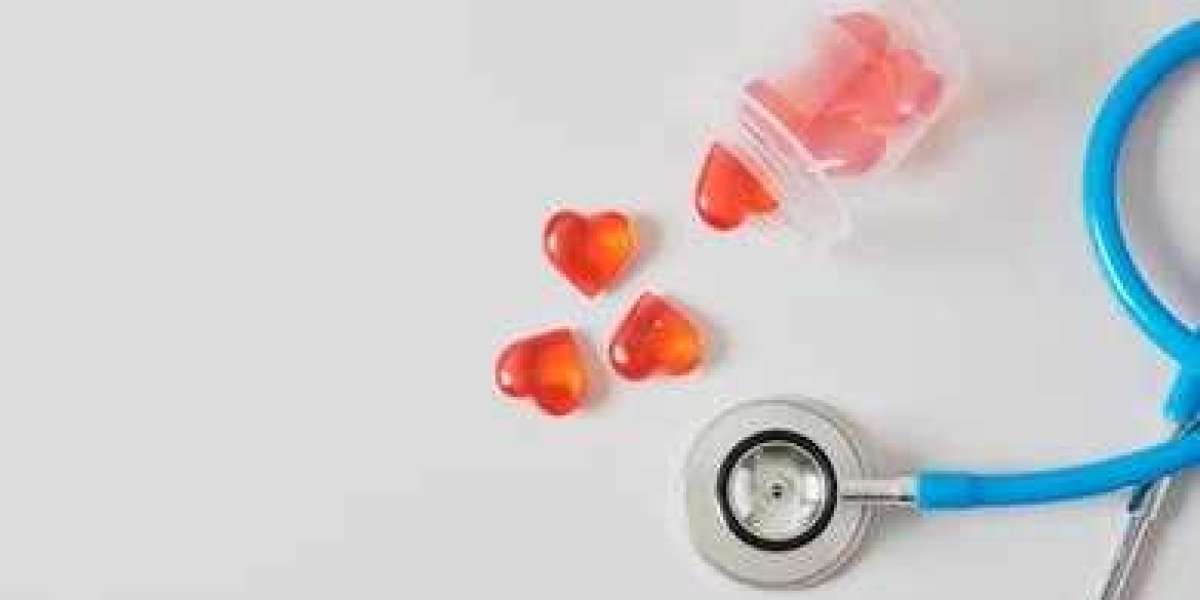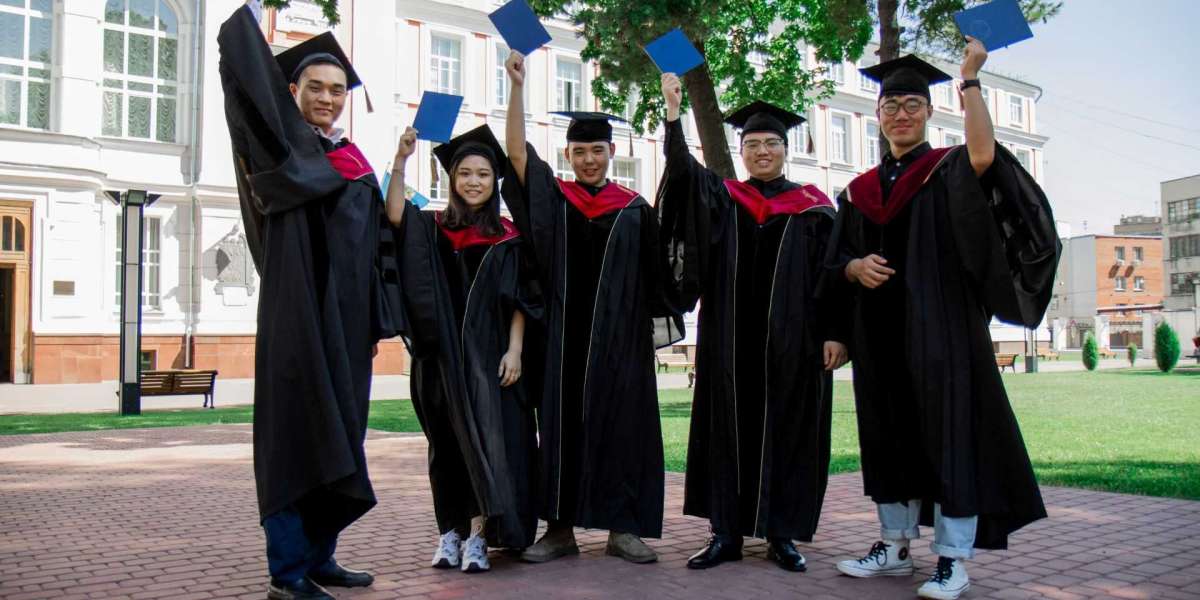Egg donation is a rewarding experience that allows women to help others struggling with infertility realize their dreams of becoming parents. However, it’s natural to feel uncertain about the process, especially if you’re considering egg donation for the first time. This guide will walk you through each step of the egg donation process, from initial application to recovery, so you know what to expect at every stage.
If you’re considering becoming an egg donor, Egg Donation Services in Kenya at Fertility Point provides expert guidance and support throughout the entire process to ensure a positive experience.
Step 1: Initial Application and Screening
The first step in becoming an egg donor involves submitting an application with a reputable fertility clinic or egg donation agency. You’ll typically be asked to provide information about your medical history, lifestyle, and reasons for wanting to donate.
- Initial Requirements: Donors are usually required to be between the ages of 21 and 35, in good physical and mental health, and free from certain genetic conditions.
- Background Check: A basic background check may be conducted to ensure the safety and integrity of the donation process.
What to Expect: Filling out the application form may take a little time, but be honest and thorough in your answers. This information helps match you with the right recipients.
Step 2: Medical and Psychological Evaluation
Once your initial application is approved, you’ll be invited for a comprehensive medical and psychological evaluation. This step is crucial to ensure that you’re physically and emotionally ready for the egg donation process.
- Medical Testing: Blood tests, physical exams, and ultrasounds are performed to confirm that you’re in good health. Genetic screenings may also be conducted to ensure there are no risks of passing on genetic conditions.
- Psychological Evaluation: A mental health professional will discuss the emotional aspects of egg donation with you. This evaluation ensures that you understand the process and potential emotional impact, and are comfortable with your decision.
What to Expect: The evaluations may take a few hours, and results from the genetic screening can take some time. This step is essential for your health and peace of mind.
Step 3: Legal Counseling and Agreements
Egg donation involves legal agreements that outline your rights and responsibilities. Before you begin medical treatments, you’ll meet with a legal advisor or representative who will explain the contract, ensuring you understand all aspects of your donation.
- Informed Consent: You’ll sign an informed consent form indicating that you understand the medical procedures and potential risks involved.
- Confidentiality: You may choose to remain anonymous or opt for an open donation arrangement. The terms of confidentiality are clearly stated in the contract.
- Compensation Details: The agreement also includes information on donor compensation, which covers your time, effort, and any related expenses.
What to Expect: The legal discussion typically takes one or two sessions and gives you the chance to ask questions and clarify any concerns.
Step 4: Hormone Treatment and Monitoring
Once legalities are settled, you’ll begin the medical preparations, starting with hormone treatments. These medications are designed to stimulate your ovaries, encouraging the development of multiple eggs for retrieval.
- Hormone Injections: You’ll need to self-administer hormone injections for 10-14 days. These medications stimulate your ovaries to produce more eggs than usual.
- Monitoring: You’ll have frequent clinic visits during this time for blood tests and ultrasounds to monitor your body’s response to the hormones. Adjustments to your medication may be made based on these results.
What to Expect: The injections may cause mild side effects, such as bloating or mood changes. The monitoring appointments are brief but necessary to ensure the process is progressing safely.
Step 5: Egg Retrieval Procedure
When your eggs are ready, the clinic will schedule an egg retrieval procedure. This minor surgical procedure takes place under sedation, ensuring that you’re comfortable and pain-free.
- Procedure Details: The doctor will use an ultrasound-guided needle to retrieve the mature eggs from your ovaries. This process usually takes around 20-30 minutes.
- Recovery: After the procedure, you’ll rest in a recovery area until the sedation wears off. You may feel some cramping or light spotting, which typically subsides within a day or two.
What to Expect: You’ll need someone to accompany you home after the procedure, as the sedation effects can linger. Most donors resume normal activities within a day or two.
Step 6: Post-Procedure Recovery and Follow-Up
After the egg retrieval, it’s essential to take care of yourself as your body recovers. The clinic will provide post-procedure instructions and schedule a follow-up appointment to ensure you’re healing well.
- Rest and Hydration: Resting and staying hydrated are key to a smooth recovery. Avoid strenuous activities for a few days.
- Follow-Up Appointment: A follow-up visit may be scheduled to check on your health and address any lingering side effects.
- Hormone Level Normalization: Your body will gradually return to its regular hormone cycle after a few weeks.
What to Expect: Recovery time varies, but most donors feel back to normal within a week. Be attentive to your body and communicate any concerns to your doctor.
FAQs on the Egg Donation Process
Q1: How long does the egg donation process take?
The entire process, from application to egg retrieval, typically takes about 2-3 months. This includes screening, hormone treatment, and the retrieval procedure.
Q2: Is egg donation painful?
The hormone injections may cause mild discomfort, and there may be some cramping after the egg retrieval procedure. However, most donors find the process manageable, and sedation during the retrieval minimizes pain.
Q3: How many eggs are usually retrieved during a donation cycle?
The number varies, but on average, between 10 and 20 eggs are retrieved. The exact number depends on your body’s response to the hormone treatment.
Q4: Can egg donation affect my own fertility?
Egg donation does not typically impact future fertility, as only the eggs that would have naturally matured and been released in that cycle are retrieved.
Q5: Do egg donors receive compensation?
Yes, egg donors are compensated for their time, effort, and commitment to the process. Compensation amounts vary based on location and the clinic’s policies.





